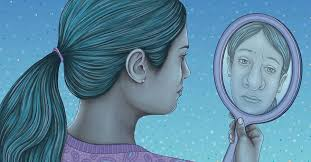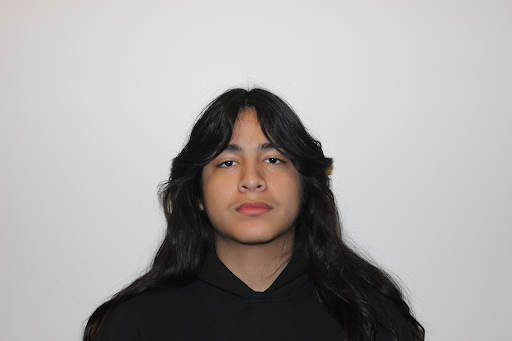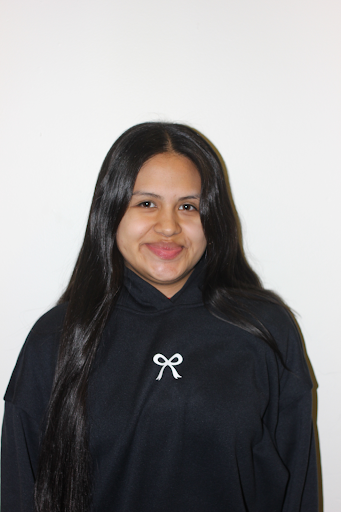Whether you’re a consumer of beauty products or you simply pay attention to the little things, there are various ways everyone uses to keep up with their looks. There are those that rush to buy every new skin care product on the market, some who go to the gym religiously to acquire their dream body, while others are quick to go under the knife. These daily or monthly rituals can eventually manifest into an obsession, distorting the eye, resulting in one forgetting what they look like entirely.
It is common for a lot of people to spend their time focused on their appearance, but eventually it comes to a point where nothing is enough.
“Look good, feel good” is a saying many live by, and although spending time and money on your appearance may feel fulfilling, how can one say that they are satisfied if you are constantly criticizing yourself.
Everyone critiques their appearance, some more than others, but investing an unrealistic amount of time and money into something unchangeable can manifest itself into many internal issues, on top of the external ones.
Body dysmorphia is a common issue that countless people go through. Considering keeping up with your image is so normalized, many could go through this disorder unknowingly.
According to mayoclinc.org, “Body dysmorphic disorder is a mental health condition in which you can’t stop thinking about one or more perceived defects…you intensely focus on your appearance and body image, repeatedly checking the mirror, grooming or seeking reassurance, sometimes for many hours each day.”
As teenagers, you are bound to care about what you look like. You are constantly surrounded by like minded people who also care about how they are perceived. Comparison is the thief of joy, and once you start comparing yourself to others, insecurities build, which leads to body and or facial dysmorphia, which is a similar illness to body dysmorphia, but rather than critiquing your body, it’s your face.
Ren Nguyen, a freshman at Rutgers University expresses the struggle of how her appearance affects her day to day life.
“ I actually hate looking in mirrors when I don’t have makeup on,” said Nguyen. “I only look at myself when I look “pretty” because I am insecure about what I naturally look like; it’s hard to look at myself with and without makeup and note that it’s the same person because to me, I look so different, but I really don’t.”
With social media becoming engraved in teenagers everyday life, unrealistic standards become normalized, unlocking new and unique insecurities. Whether that be the “best” way to get ripped or how to get natural lip filler, many of these social media stars could use supplements or have surgery that their viewers don’t know of, pushing the agenda that their results are natural.
“Social media gave me a bunch of insecurities,” said Nguyen. “Take stretch marks as an example; I was never insecure about mine until someone on TikTok said they were ugly, which led me to believe mine are ugly.”
Trends go as fast as one swipes their card. No one can control how you spend your money or your time, but opinions and comments can influence that.
Despite how much money you might blow on skincare, makeup, or surgery, nothing can replace the insecurity that has been built over time. Rather than opening your wallets, open your minds and learn to love yourself and your insecurities.






